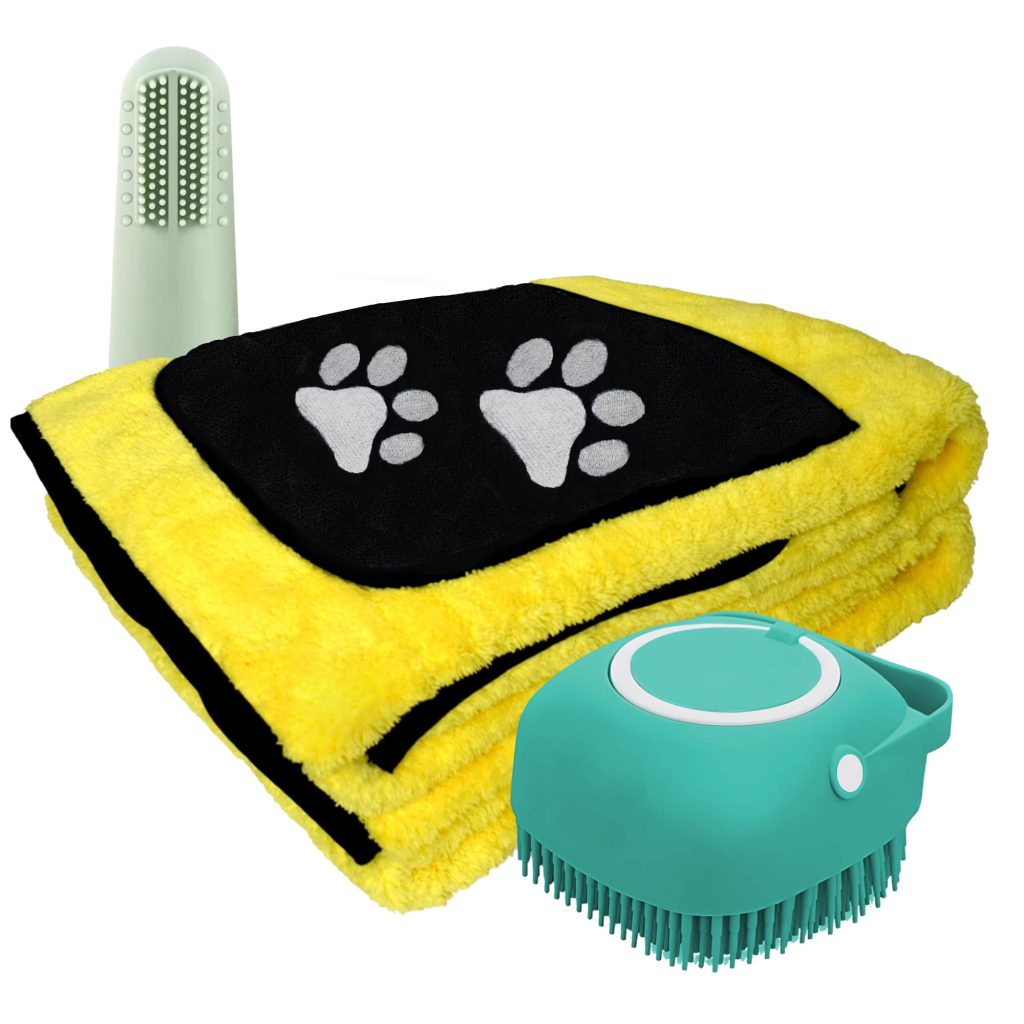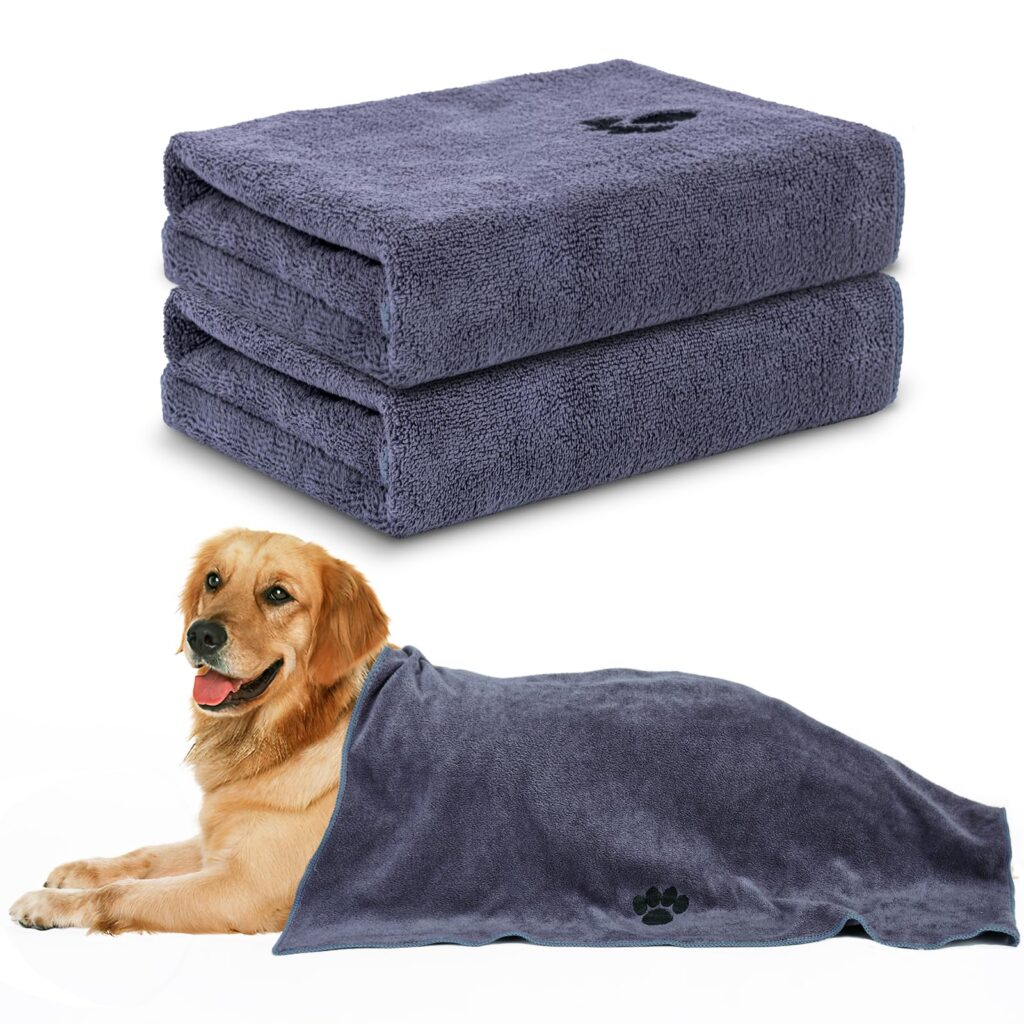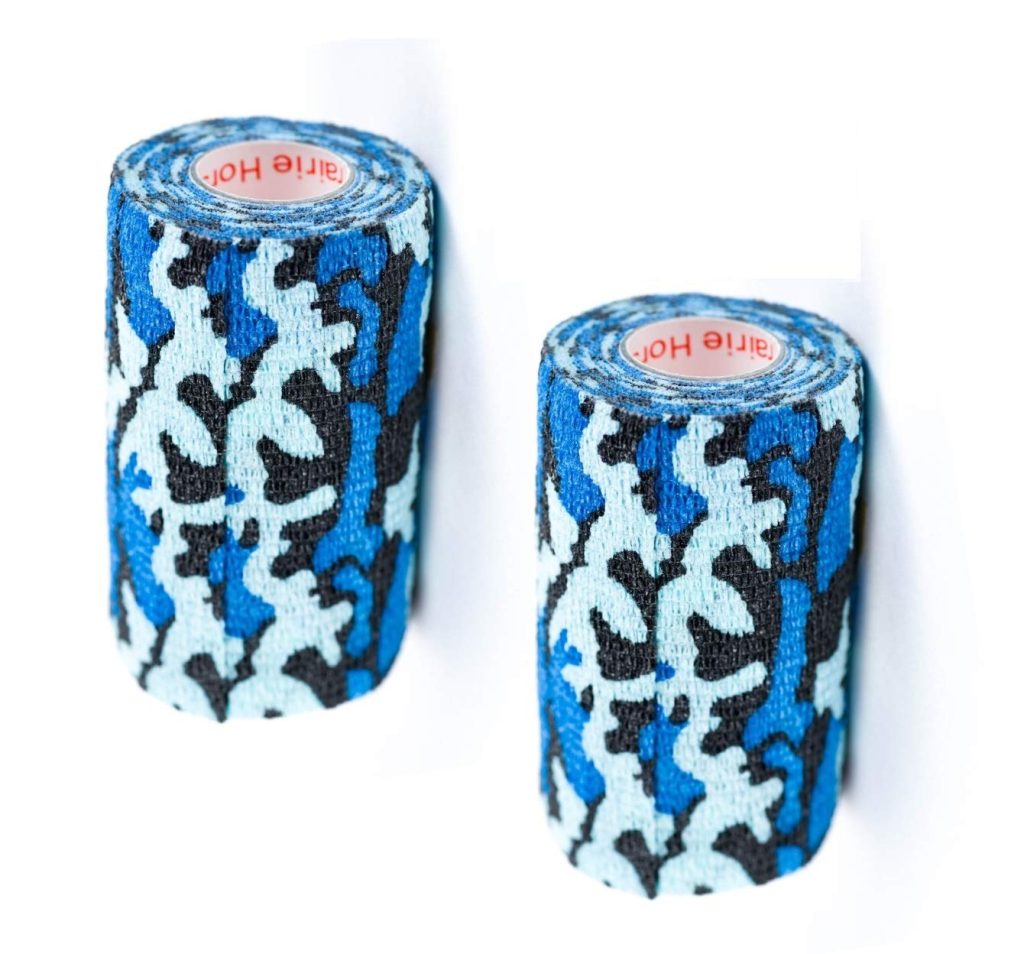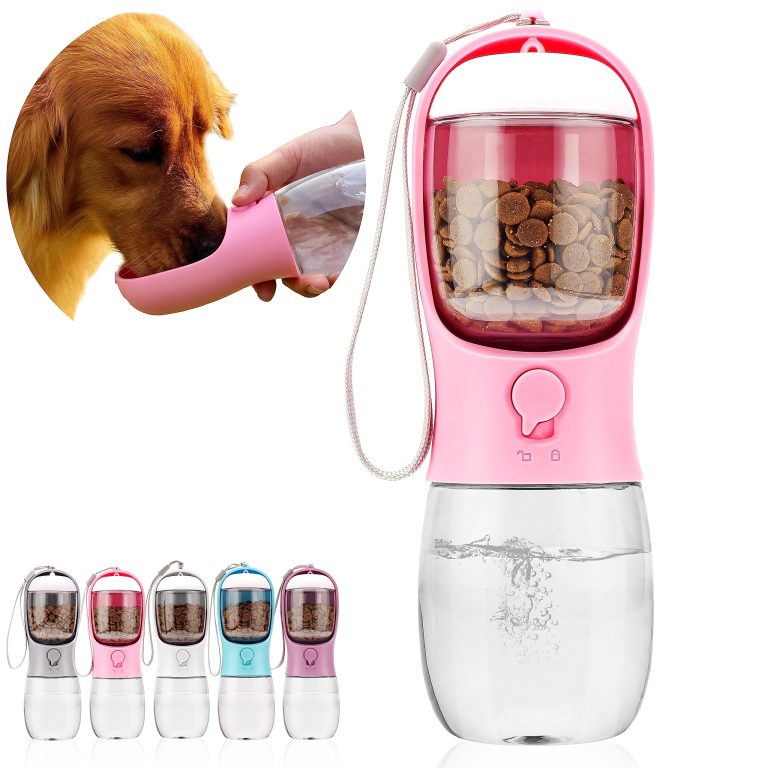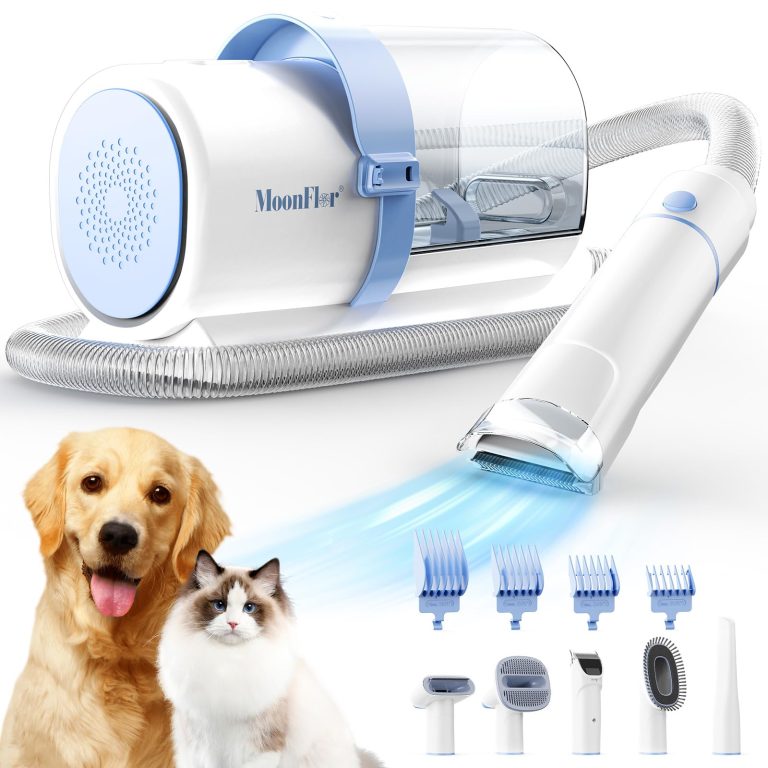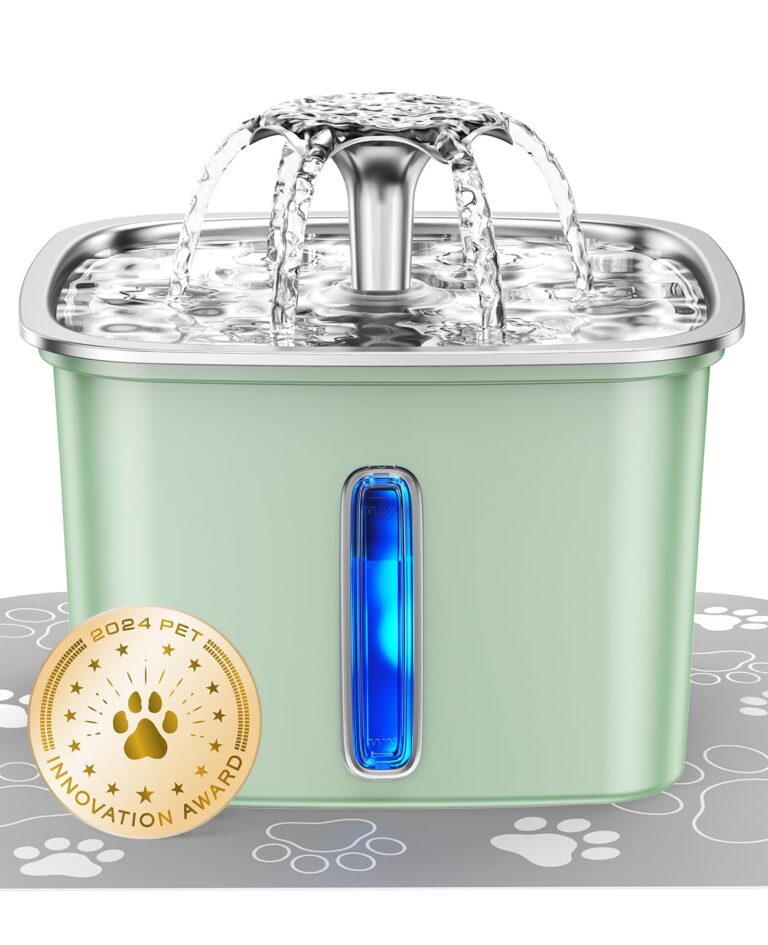Nutritional Needs – Feeding Your Dog for Optimal Health

Understanding Canine Nutritional Requirements
When it comes to keeping your furry friend healthy and wagging their tail, understanding what goes into their bowl is just as important as those daily belly rubs and games of fetch. Like us, dogs have specific dietary needs that must be met to ensure they live a vibrant and healthy life. Dogs require a combination of proteins, carbohydrates, fats, vitamins, minerals, and water to maintain their health. The trick is knowing what balance is right for your pooch.
Let’s chow down on the essentials, shall we? Protein is like the powerhouse of your dog’s diet; it is crucial for building strong muscles and repairing tissues. Your dog is basically a little athlete, right? They love to run, jump, and play, so they need quality protein to keep up with their active lifestyle.
Next, we have fats. They’re not the enemy here; in fact, fats provide energy, keep your dog’s skin and coat healthy, and make sure that their nervous system functions properly. Carbohydrates, including fibers, also play a part by providing energy, aiding in digestion, and even keeping your dog feeling full after dinner (so perhaps they won’t beg for those scraps as much).
Now, don’t forget the vitamins and minerals! These are the unsung heroes that support a multitude of your dog’s bodily functions, from bone health to blood clotting. But just like that one spice you can easily overdo in a recipe, it’s all about moderation. Too much or too little of certain vitamins and minerals can cause health problems for your buddy.
You might consider water’s no big deal, but hydration is just as important for your pup as it is for you, especially after those epic sessions of catch in the park. Fresh, clean water should always be available. Ponder about it – you wouldn’t want to run a marathon without a water bottle in hand, and neither would your pup!
Setting the stage for your dog’s mealtime doesn’t have to be a Broadway production, but as with any good show, preparation makes for a great performance. By keeping these nutritional basics in mind, you’ll be ensuring each meal is not only delicious for your dog but also gives their body the standing ovation it deserves.
Choosing the Right Dog Food: Types and Ingredients
Choosing the right dog food for your canine companion is much like picking out the perfect evening snack for yourself – you want something tasty yet nutritious, right? Well, let’s dig into the buffet of options available for your dog, so you can make an informed decision that’ll make their tail wag with joy (and health).
Firstly, let’s talk about the types of food out there. You’ve got your dry kibble, which is convenient and great for dental health due to its crunchy texture. Then there’s wet food, often more palatable and a hit with picky eaters, plus it’s got that extra moisture to help with hydration. But wait, we also have raw diets that are all the rage among some pet parents, boasting a ‘back to nature’ philosophy.
Now, it is important to peek at the ingredient list because this is where the magic happens. You’re looking for real meat or fish as the primary ingredient because, remember, protein is your pooch’s powerhouse. Then we come to fats – the good kind, please! Things like chicken fat or fish oil are like the secret sauce that adds flavor and provides those essential fatty acids.
Carbohydrates should come from whole grains or vegetables, offering not just energy but also fibers for smooth sailing in the digestive department. And if your dog is more of the ‘free spirit’ type that needs a grain-free option, there are plenty of those available too!
Don’t let the list of vitamins and minerals send you into a spin. Sure, it might look like a chemistry exam, but these little guys are crucial. You want a blend that supports your dog’s entire well-being – ponder calcium for bones, iron for blood, and so on. Foods fortified with vitamins E and C are like giving your dog a shield against illness – and who wouldn’t want their best friend to be a superhero?
Lastly, let’s not be wooed by fancy packaging or persuasive ads. Some foods are dressed up like a gourmet meal with exotic ingredients that sound like they belong on a Michelin-star menu. But remember, Fluffy doesn’t need quinoa truffle risotto; they need balanced nutrition meant for them.
In the spirit of great cooking shows, let’s summarize the perfect recipe: Quality protein from a real meat source, beneficial fats for health and taste, digestible carbohydrates for energy, and a sprinkle of vitamins and minerals for that all-around ‘glow’. Combine these, and you’ve got a meal that’ll have your dog doing their happy dance come dinnertime!
There you have it – the inside scoop on selecting the best fuel for your furry friend. After all, a well-fed dog is a happy dog, and a happy dog makes for a very happy you.
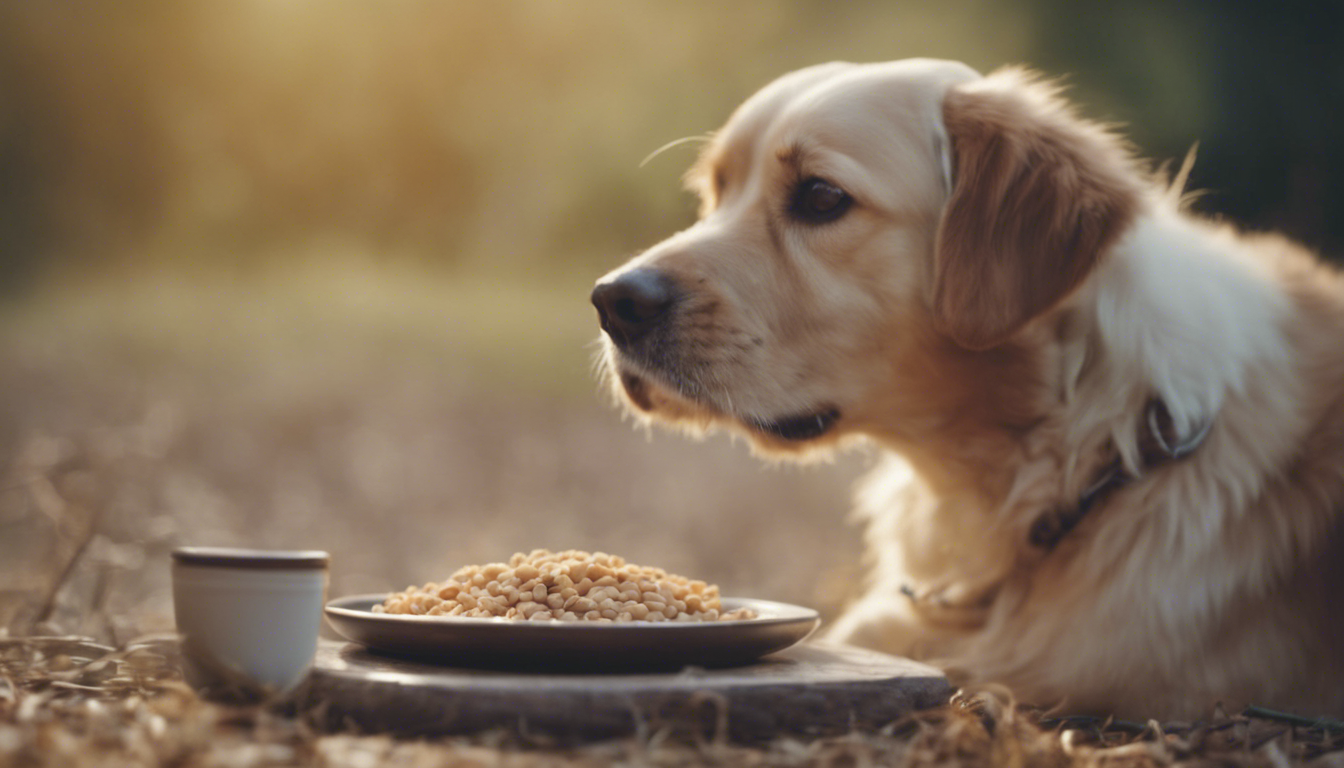
The Importance of a Balanced Diet at Different Life Stages
Just like people, dogs go through different phases in their life, each with its own dietary demands. Let’s journey through your pup’s life stages and see how their dinner plate should change to keep them in tip-top shape.
Puppyhood is the ‘eat, sleep, play, repeat’ phase, and during this critical growth period, they need plenty of protein to help build all that new muscle and support their rapid development. Look for puppy-specific formulas that are rich in high-quality protein and have the right balance of calcium and phosphorus to support healthy bone growth. Remember, a growing puppy is like a little whirlwind of energy, always on the move, so they’ll burn through calories faster than the speed of sound—okay, maybe not that fast, but you get the picture.
As your dog hits adulthood, it’s like settling into a steady job—the wild days of puppyhood are over, and now it is about maintaining health. Transition to an adult formula that keeps up with their activity level. For the go-getters, you might need food with higher protein and fat content to fuel their adventures, while the couch paw-tatoes will need something lower in calorie to avoid adding extra ‘fluff’. Ponder of it as fine-tuning their diet to avoid the dreaded puppy fat turning into adult chubbiness.
Next stop, seniority. As your buddy begins to slow down, their metabolism follows suit. Senior dog food usually has fewer calories but still provides adequate protein to maintain muscle mass. You might notice their coat starting to lose a little of its previous luster or their movements becoming slower—signs they need a diet that supports joint health and keeps their coat shiny. Ingredients like omega fatty acids are great for that. Also, a sprinkle of fiber can help with any, ahem, ‘senior moments’ in the digestive department.
Here’s something important—every dog is unique, like snowflakes, but way warmer and fuzzier. Some might have health issues that require special diets, so always keep in touch with your vet, like they’re your favorite doggy nutrition hotline.
Feeding your dog isn’t just about filling the bowl; it is about understanding their changing needs through each stage of life. It is about packing love into every bite, so they not only survive but thrive from the puppy crazies to the golden years. So gear up, pet parents! It is time to tailor that diet to the dog, and watch them flourish—because there’s nothing more satisfying than seeing your pooch happy, healthy, and ready to fetch another day.
Supplementing Your Dog’s Diet: When and Why
Ponder about supplementing your dog’s diet as you would accessorize an outfit – not always necessary, but often just the thing to complete the look… or in this case, their health. As paw-fect as your dog’s regular diet may be, there might come a time when your vet suggests adding a little something extra to their kibble.
For instance, if your furry pal has been slacking during walks and seems a little less enthusiastic about chasing balls, they might need a joint supplement like glucosamine. It’s like the nutritional equivalent of a comfy pair of sneakers, making those daily jaunts gentler on aging joints.
If you’ve noticed your dog’s coat isn’t as glossy as a freshly waxed sports car, a boost of omega-3 and omega-6 fatty acids could bring back that shine. These fatty acids are like a conditioner, but for your dog’s skin and fur, ensuring they remain the envy of the park.
It is time to talk about doggy digestive woes. If your pooch’s tummy is more sensitive than their hearing when you rustle a bag of treats, probiotics might help. These beneficial bacteria are like the friendly neighbors in the gut community, promoting a happy and healthy digestive tract.
And hey, sometimes your dog needs a little dietary help in the, well, regularity department. Fiber supplements can be a godsend when your pup is having difficulties pooping. It’s not the most glamorous topic, but for your dog’s comfort (and your lawn’s appearance), fiber is a pretty big deal.
Finally, there might be times when your dog’s immune system needs a helping paw. Antioxidants like vitamins E and C can step up to the plate, strengthening their natural defenses against ailments and ensuring they bounce back quicker from sniffles and sneezes.
But remember, supplementing should never be done on a whim. It’s a decision that should be made with the guidance of a professional, because you wouldn’t want to solve one problem just to create another, right? So, chat with your vet about what supplements might benefit your four-legged friend and which are likely just passing fads with catchy names.
Just like adding a sprinkle of cinnamon to your morning latte can make it that much better, the right supplement in your dog’s bowl could make their life a whole lot sweeter. It’s about getting that tailored nutrition spot on, so your dog can keep frolicking and fetching for years to come.
